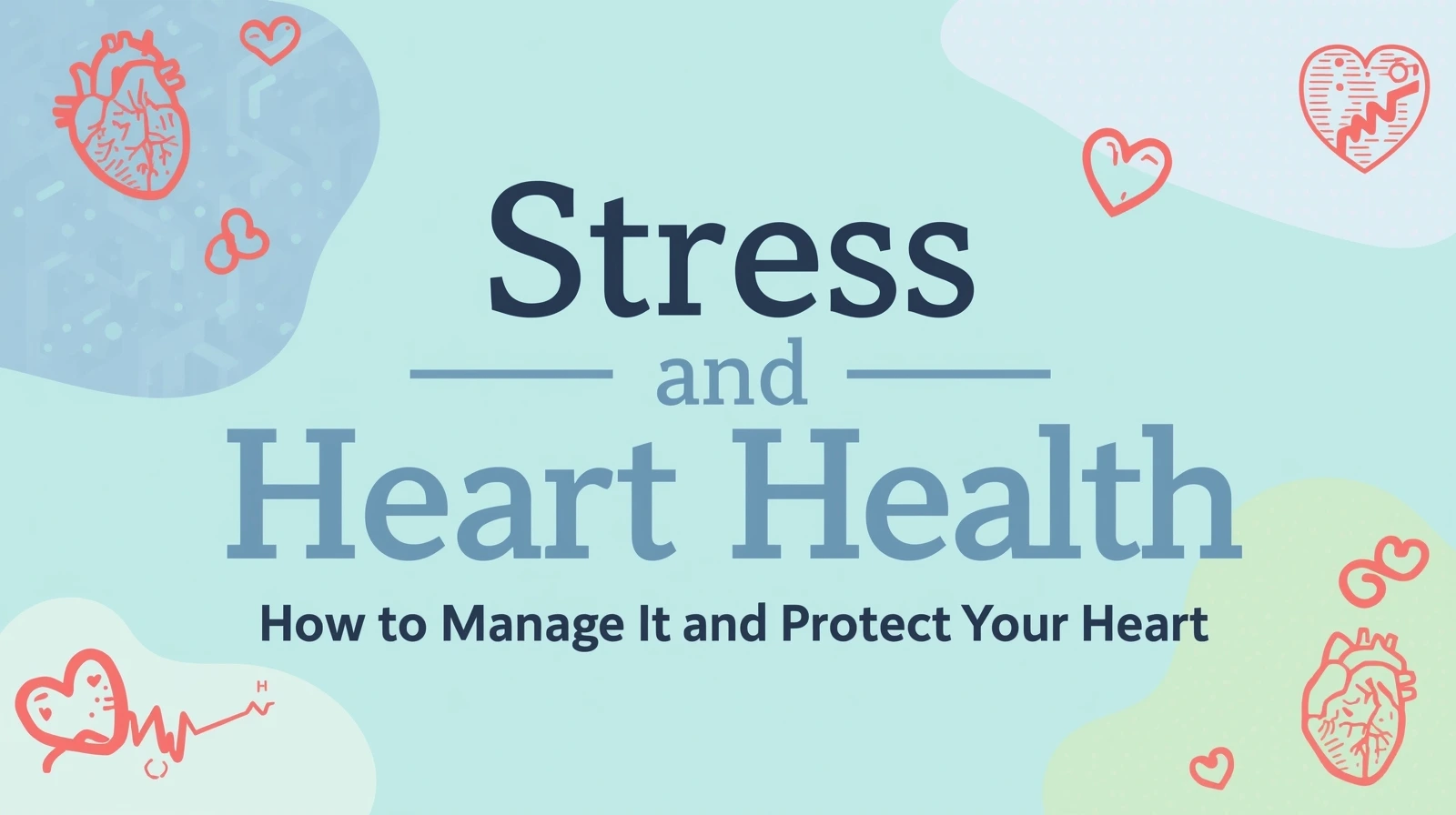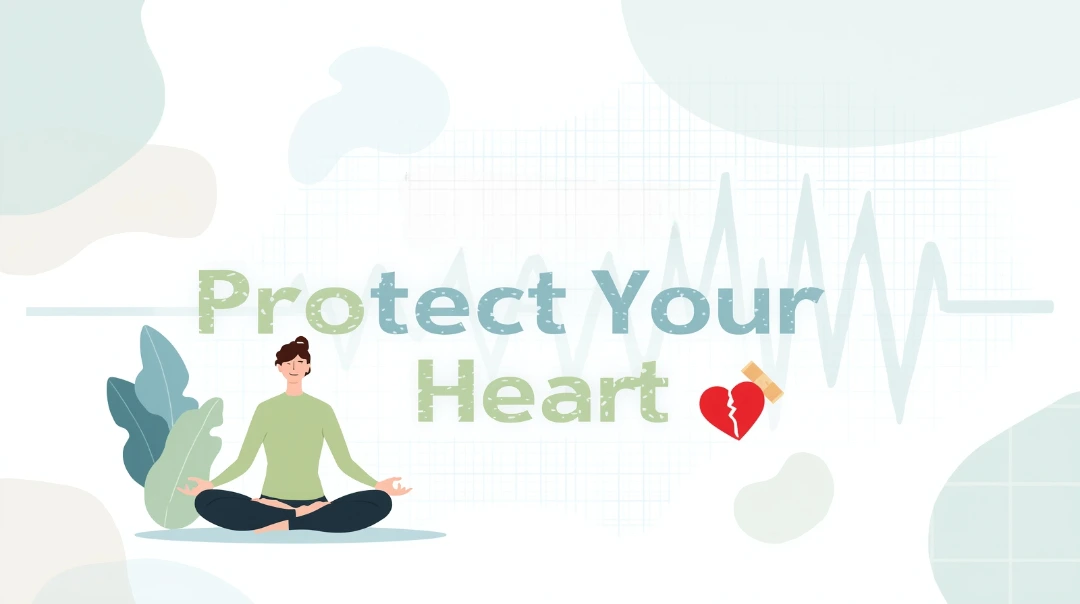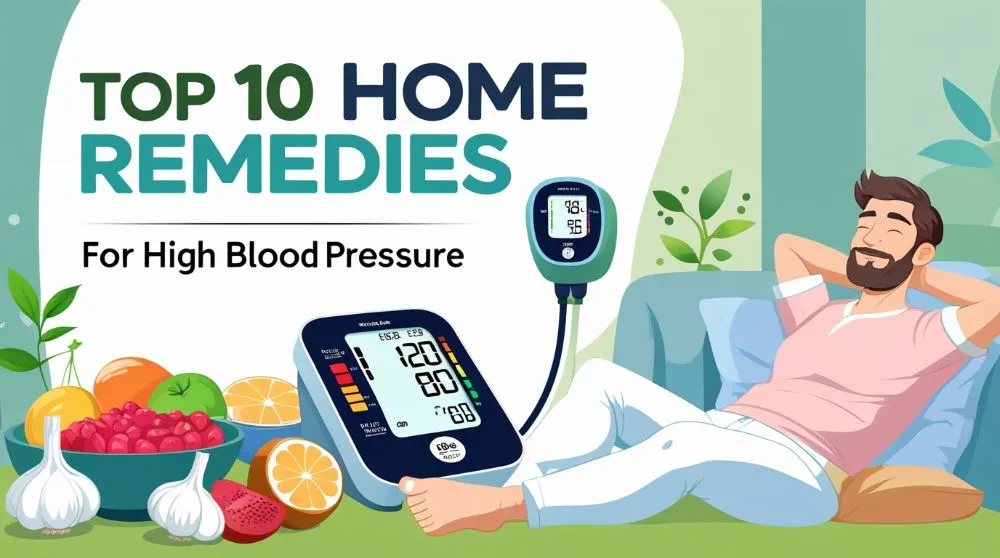What is Stress?
A feeling of anxiety or tension brought on by a challenging circumstance is known as stress. It is a normal human reaction that makes us face obstacles and dangers in our lives.
Everyone goes through periods of stress. However, how we handle stress has a significant impact on our general well-being.
Stress may act as a source of motivation and can be necessary for survival. The fight-or-flight response of the body instructs a person on how and when to react to danger.
However, it can be detrimental to a person’s mental and physical health when the body is overstimulated or when there are too many stresses present at once.
Types of Stress Based on Duration and Triggers
A. Based on Stress Duration
1. Acute Stress
It is short-term stress caused by urgent pressures or demanding conditions. The body’s fight-or-flight reaction causes transitory physiological changes such as elevated heart rate and adrenaline release.
2. Chronic Stress
Chronic stress can have long-term physiological and psychological impacts, raising the risk of health issues, including cardiovascular disease, anxiety, and depression.
3. Episodic Acute Stress
B. Based on Stress Trigger
1. Traumatic Stress
Exposure to catastrophic circumstances such as natural disasters, accidents, or violent behavior can surely cause stress.
The trauma overwhelms a person’s ability to cope, potentially leading to symptoms of posttraumatic stress disorder (PTSD), such as intrusive memories, avoidance behaviors, and hyperarousal.
2. Environmental Stress
This kind is caused by bad or challenging situations in one’s surroundings, such as noise, pollution, overcrowding, or hazardous living conditions.
These stresses can have a negative impact on both physical and mental health, leading to feelings of discomfort or uneasiness.
3. Psychological Stress
Stress caused by cognitive or emotional elements, such as perceived dangers, concerns, or unpleasant thoughts.
Workplace obligations, academic expectations, societal comparisons, and self-imposed demands are examples of typical stresses.
Anxiety, rumination, and perfectionism are among the manifestations.
Related — Early Warning Signs of Heart Disease You Shouldn’t Ignore
How Stress Raises Blood Pressure and Heart Risk
The body uses stress as a natural protection against threats and predators. Hormones that prime the body’s systems to avoid or face danger are released in large quantities. This is sometimes referred to as the fight-or-flight response.
Humans have a somewhat physical reaction to challenges or threats. Resources that enable humans to either stay and face the challenge or quickly reach safety are activated by the body.
The chemicals cortisol, epinephrine, and norepinephrine are produced in greater amounts by the body.
Certain regular body processes, including those of the immune and digestive systems, are slowed down by stress. The body can then focus its energies on breathing, blood circulation, staying awake, and getting the muscles ready for an unexpected action.
The following are changes that occur in the body during a stress reaction:
-
- Blood pressure and pulse increase, leading to stress and heart health problems.
- Breathing quickens.
- The digestive system slows down.
- Immunological activity declines.
- Muscles stiffen up.
All of these elements enhance a person’s capacity to react to a potentially dangerous or difficult circumstance. A higher heart rate is another effect of norepinephrine and adrenaline.
Related — What Are the 4 Silent Signs of a Heart Attack?
Signs of Stress
The prolonged triggering of the stress response under prolonged (chronic) stress wears down your body.
You might experience behavioral, psychological, or physical signs of stress.
A. Physical Symptoms
The following are examples of physical signs of stress:
-
- Pains and aches.
- Stress and heart health problems, such as chest pain and a racing sensation in your heart.
- Fatigue or difficulty falling asleep.
- Headaches, feeling dizzy, or trembling.
- Hypertension, or elevated blood pressure.
- Jaw clenching or tense muscles.
- Intestinal or stomach issues.
- Compromised immune system.
B. Psychological Symptoms
Emotional and mental symptoms brought on by stress include:
-
- Agitation or nervousness.
- Depression.
- Panic episodes.
- Sadness.
C. Behaviors Linked to Stress
-
- Food cravings, overeating or undereating, and unexpected outbursts of rage.
- Increased use of tobacco.
- Social disengagement.
- Crying a lot and having relationship issues.
The Link Between Stress and Heart Disease Explained
A. Interferes with Sleep
Heart health requires adequate rest. According to studies, sleep deprivation boosts inflammation and the formation of artery-clogging plaques.
Lack of sleep also has a connection with chronic illnesses such as diabetes and depression, which increase your risk of heart disease.
B. Promotes Weight Gain
Stress chemicals, such as adrenaline and cortisol, boost your hunger while slowing your metabolism.
Weight increase can contribute to heart-related problems such as high blood pressure, high cholesterol, and diabetes.
C. Encourages Negative Coping Behaviors
Some people respond to emotional stress by participating in dangerous behaviors such as smoking, drinking, and substance abuse, all of which raise the chance of developing stress and heart health-related consequences.
Best Proven Stress Management Techniques for Heart Health
1. Follow a Daily Schedule
We might feel more in control and make better use of our time when we follow a daily schedule. Make time for daily tasks, exercise, family time, regular meals, and other leisure pursuits.
2. Get Enough Sleep
3. Connect with Others
Share your worries and emotions with people you can trust and stay in touch with your loved ones.
Making connections with other people can improve our mood and reduce stress.
In conclusion, the link between stress and heart health is undeniable. Chronic stress has a strong impact on heart health, increasing the risk of heart disease through physical and behavioral effects. While stress is part of life, managing it through healthy habits and support is key to protecting both mental well-being and heart health.
Related — Strongest Natural Anxiety Medication
When to Seek Professional Help for Chronic Stress
It is critical to get professional help for chronic stress when it becomes overpowering or interferes with your everyday life, health, or relationships. Here are clear symptoms that it’s time to contact a mental health professional:
-
- Physical symptoms such as weariness, headaches, and insomnia persist without control.
- Intense emotional symptoms such as worry, rage, and hopelessness are ongoing.
- Behavioral changes such as solitude, substance abuse, or changing food habits occur.
- Work, relationships, and motivation are negatively impacted.
- Your self-care efforts are ineffective, and the tension is intolerable.
- You have panic episodes or live in continual worry.
Seek immediate assistance if:
-
- You’re considering self-harm or suicide.
- Stress causes unsafe or destructive behaviors.
Reference
- Chu, B., Marwaha, K., Ayers, D., & Sanvictores, T. (2024, May 7). Physiology, Stress Reaction. Retrieved from PubMed.
- Satyjeet, F., Naz, S., Kumar, V., Aung, N. H., Bansari, K., Irfan, S., & Rizwan, A. (2020). Psychological stress as a risk factor for cardiovascular disease: A case-control study. Cureus, 12(10).
- Stressing about heart health – Harvard Health. (2021). Retrieved from Harvard Health.
- University of Rochester Medical Center. (2024). Stress Can Increase Your Risk for Heart Disease. Retrieved from Rochester.edu.
- World Health Organization. (2023, February 21). Stress. Retrieved from World Health Organization.
- National Institute of Mental Health. (2022). I’m so stressed out! Fact sheet. NIH





